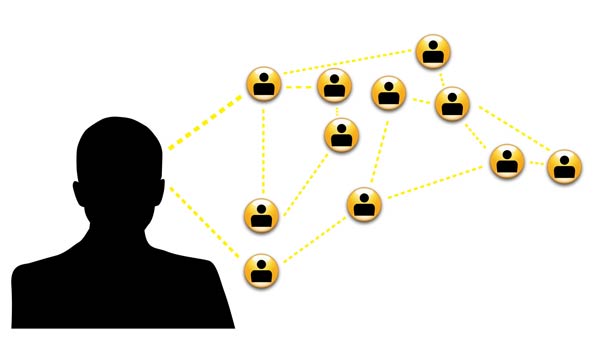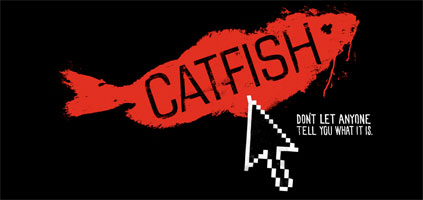What is Skype?
Skype is one of the most popular video chatting and communications platforms in the world. Microsoft owns the program, and it is a company that has brought many innovative technologies to the world over the years. Skype allows people to talk to each other from other ends of the world through video, audio and text chat.
Users can download the Skype program to their desktop computers, laptops, tablets or smartphones to enjoy the benefits. The program is free to download, and users have access to some great features upon registration. Additional features such as voice calls and texting are available for a small fee.
How is Skype Beneficial?






2.jpg)


 In March, Ashleigh Hall’s name was splashed across newspapers everywhere after her body was found in a ditch. The 17-year-old had done something that a worrisome number of teens do: made a new friend on Facebook and gone to meet him.
In March, Ashleigh Hall’s name was splashed across newspapers everywhere after her body was found in a ditch. The 17-year-old had done something that a worrisome number of teens do: made a new friend on Facebook and gone to meet him.